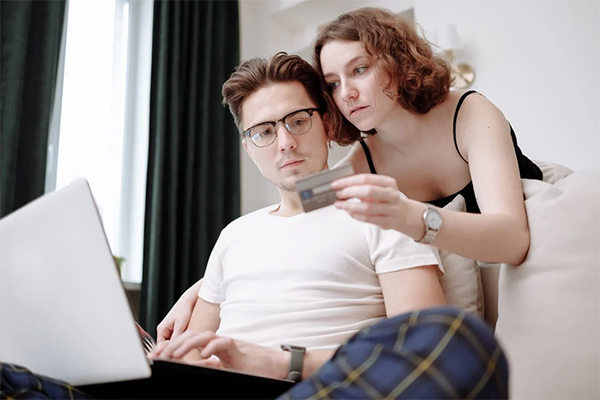The Psychology of Impulse Spending: Understanding and Overcoming
Emotional spending might be one of the biggest problems that financial stability faces. One tends to spend with impulses from feelings and not out of logic. Therefore, most of the impulse buying results from the promise of an instant reward and social pressures. Understanding psychological triggers which result in impulsive buying behavior is the key in developing effective strategies of resisting temptations and mindful consumption habits. This will, therefore, make someone regain control of financial decisions and embark on a more disciplined and purposeful method in relation to spending. For example, one will be in a position to set the limits of their spending, remain mindful of classifying what should be catered for before the wants.
The Allure of Impulse Spending
The emotional buying impulse draws one into unplanned buying most likely, and in this case, emotions rule rather than rational decision-making. That means the excitement of something new and acquired or, in other words, temporary satisfaction instigated will override the logical reasoning behind financial choices. Retailers have a strategic interest in cashing in on these psychological vulnerabilities through tempting displays and offers, limited in time, to create that impulsive buying response. This is where the understanding of why people make impulse purchases becomes important and a key aspect of formulating workable strategies to resist these temptations and developing habits of mindful consumption.
The Psychological Factors Behind Impulse Spending
The impulse spending is usually motivated by different kinds of psychological variables such as instant satisfaction, emotional triggers, and social influences. People who feel the urge to satisfy their immediate desires or perhaps people who want to relieve some nasty negative emotion generally make impulsive buys, simply throwing away their money without thinking of the consequences. Social pressure and FOMO likely play a mammoth role in shaping this impulsive spending behavior. This essentially, therefore, means that these psychological underpinnings must be addressed and fixed at all if one is to overcome impulsive buying tendencies and live healthily with their finances.
Strategies To Overcome Impulse Spending
However, setting clear spending limits and drafting a budget will act as sobering measures against spending on impulse, since they provide a planned guideline in managing expenses. That is also what mindfulness and being aware of the emotional triggers will make an individual be in a position to stop and think whether a purchase is needed before falling into impulse. The habit of researching products, comparing prices, and putting needs before wants will further help overcome the allure of impulse spending.
The Long-Term Impact of Curbing Impulse Spending
The benefit to individuals would span beyond financial stability if only curbed from impulse spending. This would basically mean developing discipline in managing discretionary expenses and hence bringing in improved savings, which would all add towards putting up an even stronger financial base towards realization. It reduces the number of impulse purchases, hence helping gain control and be more mindful of one’s spending. They will tend to be more deliberate and conscious in nature with respect to adopting personal values and priorities in their daily life.
Understanding the allure of impulse spending and the psychological drivers to it is pertinent to cultivating mindful consumption habits. Only if practical strategies to resist and recover control over the course of financial decisions are put into practice, the results are likely to be permanent in nature, e.g., increased savings and a firmer financial footing. The tendency toward compulsive buying is also consistent with the practice of responsible financial behaviors, awareness, and more thought-out ways of becoming a consumer consistent with one’s values and priorities.
Photo Attribution:
1st & featured image by https://www.pexels.com/photo/woman-wearing-black-blazer-holding-shopping-bags-974964/
2nd image by https://www.pexels.com/photo/man-typing-credit-card-details-6238367/

